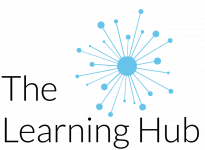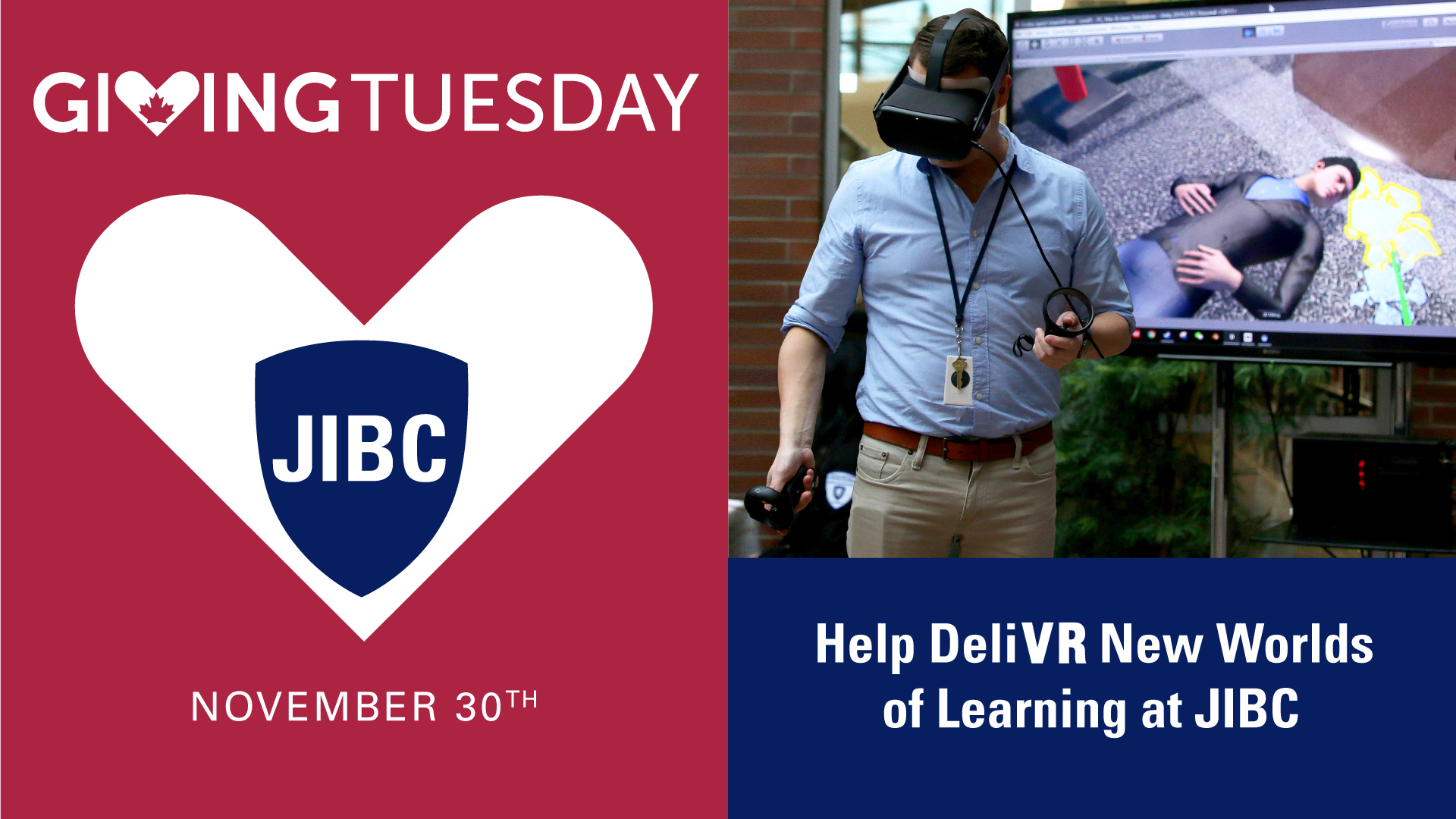
Your source for all things teaching and learning at the JIBC.
November 2021 Vol.2 Issue 2
“Strength lies in differences, not in similarities”
― Stephen R. Covey
Image: Dennis Yip
Equity, Diversity, and Inclusivity (EDI)
Written by Dave Smulders, Program Manager, Faculty Development
Welcome to our Learning Hub issue on Equity, Diversity, and Inclusivity (EDI). The idea for this issue was hatched a few months ago. At the Centre for Teaching, Learning, and Innovation (CTLI), we decided this was a topic worth exploring. EDI has been getting much more attention these days in workplaces and post secondary institutions. We noticed that the conferences we keep our eye on began to include more directive guidelines on accessibility and more encouragement of inclusive practices. And very recently, while working on another initiative, we discovered the rich resources created by the Educational Developers’ Caucus on EDI to help inform those working in post secondary contexts. Even our own strategic plan of the Justice Institute of BC has included Indigenization and EDI as two of its primary commitments for the next five years. Clearly something is going on…
Our own journey with questions and issues around EDI began with the efforts of Caroline White, a CTLI friend and colleague formerly in the Centre for Counselling and Community Safety at JIBC. Anyone who knows Caroline is familiar with her passion and commitment to EDI and knows that she can be hard to resist when she is on a roll. Caroline contacted CTLI last spring to try to get a bigger conversation started about EDI at the JIBC. She enlisted a couple of us (Dave and Helen) to talk to JIBC staff and faculty through School Curriculum Committees to find out what we were doing across the institute and who was involved, interested, knowledgeable, curious. There was an urgency to her pitch. EDI was something that had been around in bits and pieces for many years, but something was coalescing. A new kind of immediacy and importance, and as educators, we needed to pay attention.
EDI comes in many forms and diversity itself is represented by the perspectives on what EDI can mean to people. For some, EDI is about reducing barriers, making education accessible in multiple formats, affording anyone the opportunity to learn. For others, EDI is practised through anti-racism and culturally responsive teaching, celebrating our differences while acknowledging that we all carry with us our own biases and blindspots and even when we want to be part of the solution we sometimes apply our ingrained assumptions instead of working to find new ways of knowing and learning. Ultimately, we see EDI as helping to widen our perspectives on who we are as learners and educators, whether that is through the lens of gender, culture, ethnicity, accessibility, sexual orientation, or any other perspective that can contribute to more inclusive educational practices.
Even despite our own effort to be inclusive, a discerning reader will notice gaps in this edition of the Hub. We were not able to get everyone we wanted to add their perspective and our process of outreach has been a bit discombobulated in a mix of direct contact to individuals and issuing calls for participation via various communication channels. We continue to try to improve our practice as we go along. However, we are deeply grateful to those who offered their contributions as well as to others like Travis Woolf who facilitated the connection to our student contributor, Jen McEachen. In our conversations with contributors, we found many committed folks with an abundance of wisdom to share. We hope that the Learning Hub can be a conduit for our readers to be part of our ongoing conversations about teaching and learning at JIBC.
And we invite everyone from our Learning Hub readership to contact us with suggestions for resources, ideas, people, etc. to help us put together issues that are meaningful and relevant to our community of public safety educators.
With this edition, we did make some fantastic discoveries, and they are here for everyone to enjoy. We must also remind readers that JIBC already does a lot of good work related to EDI. The Office of Indigenization has been a leading positive force in making education a critical part of Reconciliation and offering several events and resources for the JIBC community in this regard. The Registrar’s Office and Student Services have numerous resources and support for students around accessibility and well being. Our Library is a great place to start if you want to know more about what you can learn about EDI. And finally, we think you will find in this Learning Hub a few voices you might not otherwise come across, including views and thoughts from instructors, students and staff. With this edition, we hope to mirror the intention of one of our contributors, Kris Edwards, who writes, “Ultimately, there is intention to create environments which celebrate the diversity of the student population and the communities we strive to serve.”
From all of us at CTLI, please enjoy our Learning Hub: EDI issue!
Land Acknowledgement
We respectfully acknowledge the Justice Institute of British Columbia’s New Westminster campus is located on the unceded traditional territories of the Qiqéyt (Qayqayt), xʷməθkʷəy̓əm (Musqueam) and Central Coast Salish Peoples.
Upcoming Blackboard training sessions
NOV 2021
- November 23: Workshop 5 – Tests/Exams
- November 30: Workshop 6 – Kaltura. Recording videos/audios for online course(s)
JAN 2022
We start the new academic semester with a training on Collaborate:
- January 11: Workshop 1 – Collaborate. Virtual Classroom
Click this Collaborate link to join a session.
Goodies from CTLI
Official Hub Playlist
The soundtrack for EDI. Brought to you by the musical stylings of CTLI. Enjoy!
Seasons Greeting from CTLI!
Happy Holidays from all of us at CTLI! Please enjoy this special edition desktop wallpaper (1920x1080px) for December 2021.

Voices from JIBC
This month we asked our JIBC community for their thoughts about Equity, Diversity and Inclusivity (EDI). Watch, read and hear what they had to say about EDI.




JIBC Library

JIBC Library has a LibGuide on EDI
Mix of prints and eBooks on EDI from the JIBC Library:

Please note: You may need to sign-in with your JIBC user id and password to access these resources.
- Promoting Inclusive Classroom Dynamics in Higher Education: A Research-Based Pedagogical Guide for Faculty by Oleson, K. – eBook
- What Inclusive Instructors Do: Principles and Practices for Excellence in College Teaching by Addy, T. M, Dube, D. Mitchell, A. K., & SoRelle, M. E. – eBook
- Ensouling Our Schools: A Universally Designed Framework for Mental Health, Well-Being, and Reconciliation by Katz, J. & Lamoureux, K. (Contribution by) - eBook and Print
- Designing Accessible Learning Content: A Practical Guide to Applying Best-Practice Accessibility Standards to L&D Resources by Miller, S. – Print
- Strategies for Fostering Inclusive Classrooms in Higher Education by Hoffman, J., Blessinger, P., & Makhanya, M. (Editors) – eBook
- Learning and Teaching Together: Weaving Indigenous ways of Knowing into Education by Tanaka, M. – eBook
The Library has created a new centralized contact for questions about copyright. You can get all your copyright answers at copyright@jibc.ca.
Resources (What’s Happening)

@ JIBC
- Center for Teaching Learning & Innovation (CTLI) – Equity, Diversity Inclusion
We created this webpage to collect some helpful resources on the subject of EDI. So this is a good place to start if you want to familiarize yourself with some basic definitions. We also include relevant links to others areas at JIBC that provide information and/or services related to EDI.
@ elsewhere
- What Inclusive Instructors Do: Q&A With Tracie Addy – ACUE Community. From the interview: “We want to move inclusion and equity to the forefront with a message that inclusive teaching is excellent teaching. It shouldn’t be something that’s just tacked on.” Tracie Addy’s book, What Inclusive Instructors Do, is also available at the JIBC library.
- EDI Resources: Society for Teaching and Learning in Higher Education (STLHE). This site is a rich resource for educators interested in building their capacity in all things EDI. It includes a lot of practical information. Anyone wondering what they can do to apply principles of EDI in a classroom environment should check out this site.
- The OER Equity Blueprint: The Role of OER in Advancing Equity. What does EDI have to do with Open Education Resources (OER)? How do OERs help support and address equity, diversity, and inclusion? This is where you can find the answers.
- Online Equity Rubric. From Peralta College. From the website: “The Peralta Equity Rubric is a research-based course (re)design evaluation instrument to help teachers make online course experiences more equitable for all students. The rubric’s criteria include: addressing students’ access to technology and different types of support (both academic and non-academic); increasing the visibility of the instructor’s commitment to inclusion; addressing common forms of bias (e.g., implicit bias, image and representation bias, interaction bias); helping students make connections (e.g., between course topics and their lives; with the other students); and following universal design for learning principles.”
Giving Tuesday

NOVEMBER 30
Help 'DELIVR' New Worlds of Learning for JIBC Students
Help us raise $25,000 to expand our capability to design and incorporate immersive learning experiences for students at JIBC. Read more and donate to CTLI Giving Tuesday Initiative.
The Learning Hub is a production of the good folks at the Centre for Teaching, Learning, and Innovation. We welcome ideas and suggestions for edition themes and ideas for articles. Contact us at ctli@jibc.ca.








